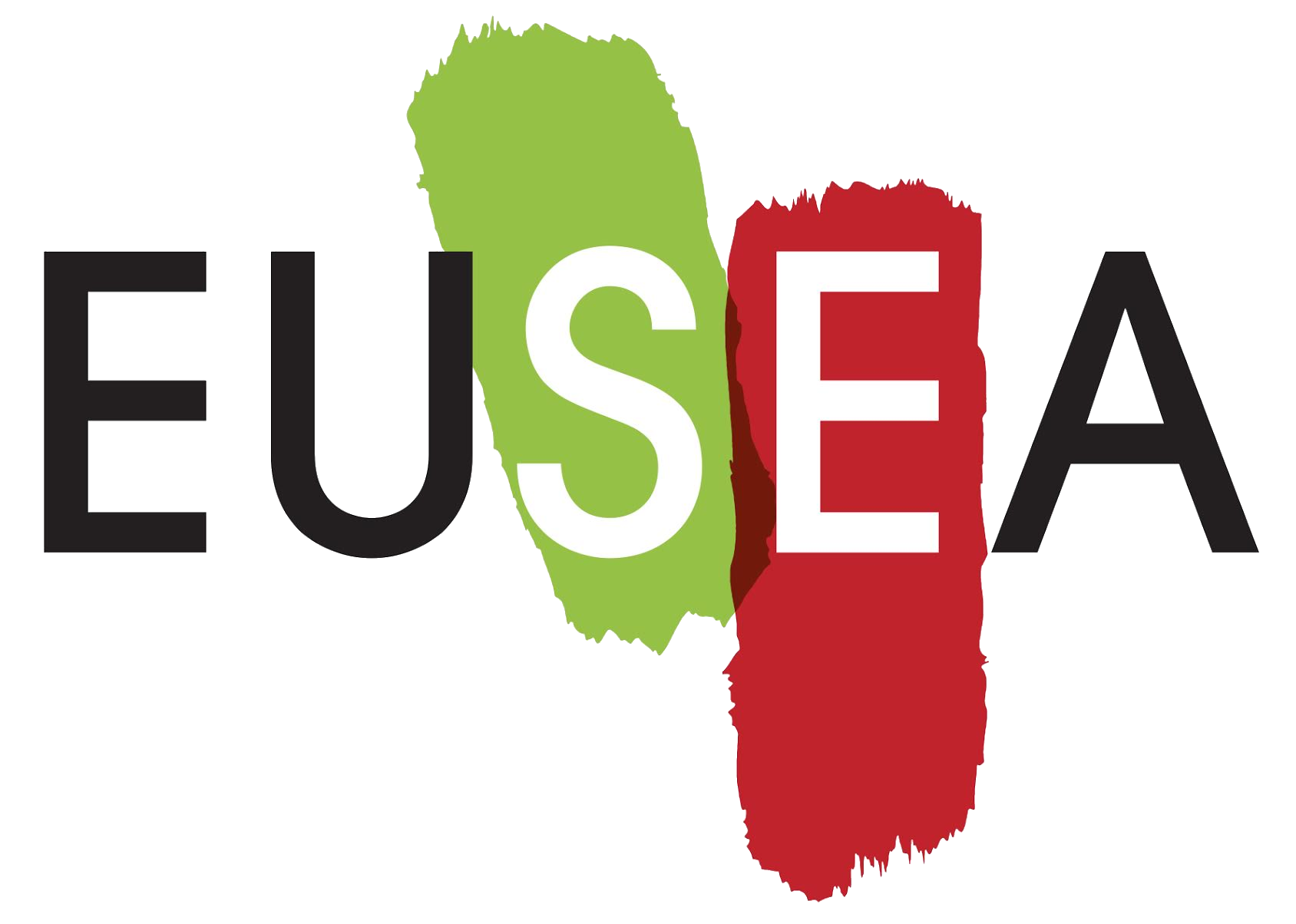EUSEA is offering a 6-months-position in one of our EU projects! Join us and send us your application!
PERFORM
The PERFORM project investigates the effects of innovative science education methods based on performing arts in fostering young peoples’ motivations and engagement with science, technology, engineering, and mathematics (STEM). In selected secondary schools in France, Spain and the United Kingdom PERFORM takes action to overcome the remaining distance between young people and science and to break the unidirectional model of scientific knowledge transfer.
The HORIZON 2020 project explores a creative, participatory educational process on STEM through the use of scenic arts with secondary school students, their teachers and early career researchers, who get actively involved in experiencing science. Students also reflect on their own role in the interaction between science and society, and the values embedded in Responsible Research and Innovation (RRI). PERFORM analyses how such human-centred, science-arts educational approach contributes to foster girls’ and boys’ motivations towards science learning and strengthen the transversal competences they will need for STEM careers and jobs. The education and communication skills required for teachers and researchers to further replicate the educational process are also explored and addressed in specific training toolkits.
PERFORM PROJECT Task 6.2: Building community relations and outreach (led by EUSEA)
This task will involve the organisation of the PERFORM final conference. UNESCO will be responsible for this conference at the UNESCO Headquarters in Paris, in close collaboration with EUSEA. UNESCO will convene representatives of PERFORM stakeholders (students and teachers from the schools who participated in case studies, early career researchers from case studies) as well as European policy-makers, UN representatives, invited speakers including members of the PERFORM advisory board, and other interested practitioners (i.e., entrepreneurs in STEM fields, including industry). This final event will compile the most relevant research results and toolkits of the project, and will show the best ways for PERFORM methodologies implementation in Member States through oral presentations, panel discussions and round tables.
The extent of the responsibility is primarily limited to the actual structure and arrangements; it is expected that all partners will add knowledge and experience to the programme, e.g. by inviting educational, scientific and policy relevant organizations representatives as speakers and moderators. A separate programme committee will be set up, as well as a local organization committee. Contracts with service providers, including venue, local staff, catering, conference administration, etc will be organized by UNESCO.
Related Deliverable
- D6.3 Report on outreach activities, including the final conference (M35). It will be possible to use the final report also as a guide for future events and projects, as it will be detailed in terms of preparations, outcome and recommendations.
Tasks
The person selected will collaborate with the EUSEA team and project officer and with the UNESCO team in developing the following tasks:
- The person will deal with guests and stakeholders providing information about both conference contents and logistical aspects. S/he will take care of the invitations to speakers and information to be provided to them or to be collected from them to set up the sessions.
- S/he will collaborate with the management of the conference sessions, working together with EUSEA, UNESCO and the Perform project management team in defining the finale programme, possible guests and speakers of the sessions and taking care of verifying all the logistical aspects related to the session. In this process, the person will deal with the consortium partners involved in the organization of the conference.
- S/he will take part into the meetings planned for the organization and will implement the actions defined by EUSEA and UNESCO aiming at the organization of the conference.
- S/he will support and collaborate with the implementation of the communication actions designed and managed by the EUSEA team to promote the participation into the conference.
- The estimated workload will be 12 hours a week, for a period of 6 months, from December 2017 until June 2018. The distribution of work will depend on the required tasks during different periods.
Please send your applications, including your salary expectations and your earliest possible starting date until 29 November 2017 to EUSEA Director Annette Klinkert: annette.klinkert@eusea.info





